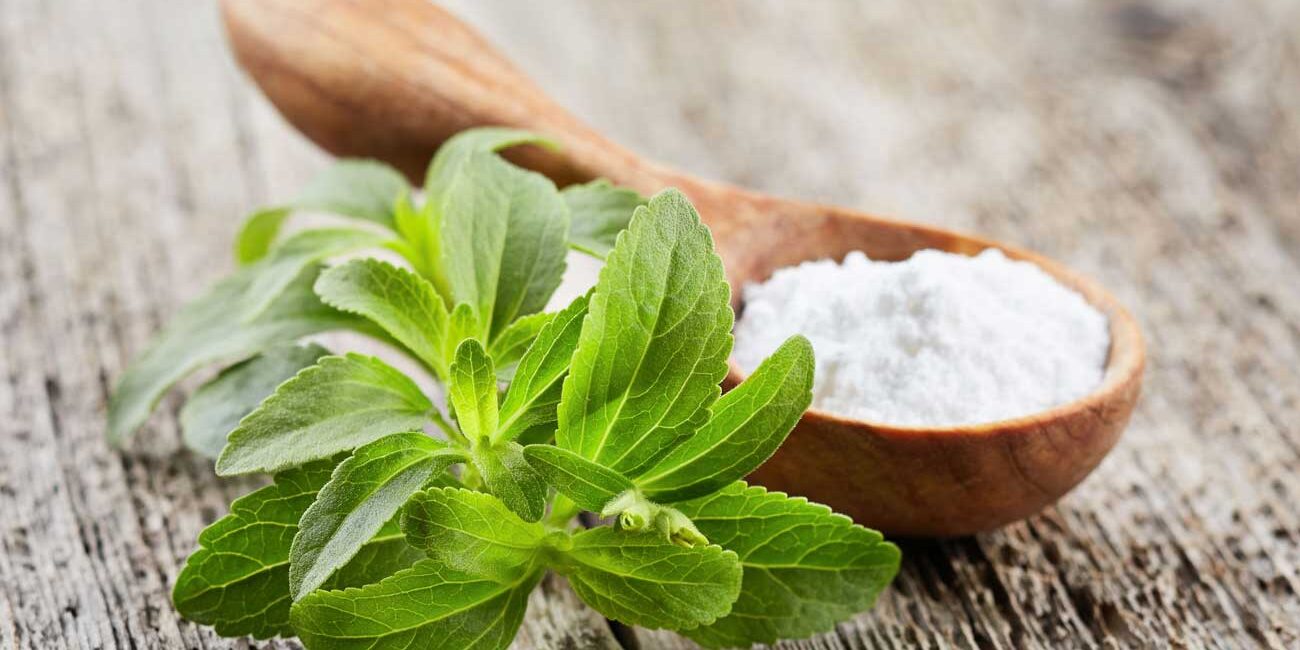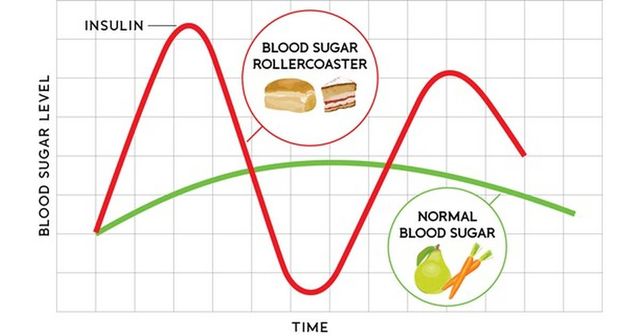

Hello, everyone! This is Dr. Cho. I often get questions from patients and friends like, “Is stevia okay instead of sugar? What about erythritol?” In the past, I gave a bit of a sidestepping answer: “Instead of looking for sugar substitutes, it’s better to move away from sweet flavors and change your taste buds.” Personally, I can’t stand the sweetness of stevia. If you get used to avoiding sweets, you’ll find it hard to eat the sugary foods most people love. That’s the change you need. Today, we’ll explore foods and habits that worsen insulin resistance and how to shift your taste preferences for better health. If this article resonates with you, feel free to share it and leave your thoughts in the comments!
:max_bytes(150000):strip_icc()/VWH_Food-to-Lower-Blood-Sugar-for-Diabetes_Danie-Drankwalter_Final-e3144598c8664752a945e9233420ca34.jpg)
I used to be a huge fan of sweets—snacks, sugary sodas, you name it. I drank them all day! But your taste buds can change, and you can do it too. If you’ve followed health discussions, you know carbs, especially simple sugars, spike insulin.
For those dieting to lose weight or manage diabetes, you might be on a low-carb high-fat (LCHF) diet, intermittent fasting, or just trying to cut carbs. These efforts aim to reduce insulin resistance and improve health. But some foods and habits can sabotage your hard work. Not just foods—some non-food factors too. Things you thought were “fine” can spike insulin, worsen insulin resistance, hinder weight loss, and aggravate diabetes. They’re like traitors stabbing you in the back. Let’s dive into what they are.
First up: fruits and vegetables. You know fruits are high in sugar, especially for diabetics. Korean fruits are so sweet that Americans visiting Korea often gain weight eating them. Lucky you, getting to enjoy such tasty fruit! But in our modern world, full of simple sugars, stress, and insulin resistance, fruit isn’t always your friend.
Fruits have sugar and fiber. Apples and tangerines are good for you, but high-sugar fruits can worsen insulin resistance. Always chew fruit—never blend it into juice. Juicing spikes the glycemic index, causing an insulin surge.
You might ask, “What about detox juices?” I’m not saying detox juices are good or bad for health. My point is that blending fruit into juice can worsen insulin resistance. Detox juices aren’t necessary or beneficial for everyone. You need to judge if they’re right for you.
Vegetables, even juiced, are usually fine because their glycemic index is low, and they don’t disrupt ketosis on an LCHF diet. But overcooking veggies—boiling or heating them too long—turns fiber into starch, spiking insulin. Eat vegetables raw, lightly steamed, or grilled, and chew them thoroughly, like a cow chewing cud.

Next, something easy to overlook: protein. A common mistake on LCHF diets is eating too much protein, which can spike insulin. Overeating meat can even break ketosis.
How much protein do you need daily? It varies. Athletes need more, and it depends on your size. There’s debate about daily protein recommendations—debate is good; it means experts are researching. Don’t blindly trust old medical wisdom, as much of it’s been debunked.
Research on autophagy is fueling this debate. Autophagy is when your body replaces cells every 60 days or so. Dead or damaged cells are recycled into energy and amino acids, healing tissues, clearing bodily “trash,” and keeping you youthful and healthy. When autophagy works well, it may prevent diseases like dementia, Parkinson’s, diabetes, and cancer. If it doesn’t, these diseases can develop. This discovery won the 2016 Nobel Prize in Physiology or Medicine—a big deal.
Your body needs about 250g of protein daily for cell turnover, but most people eat only 70g. Why no issues? Autophagy recycles protein from dead or damaged cells. That’s why vegetarians can thrive without protein deficiency and even become bodybuilders.
But too much protein spikes insulin, leading to weight gain and worse diabetes. Autophagy thrives with intermittent fasting, which also prevents aging and dementia. LCHF mimics fasting’s effects. Check your protein intake—too much is as bad as carbs.

Here’s a weird one: the “cephalic phase insulin response.” Your brain gets tricked by sweetness. In a study, two groups tasted either sugar water or a zero-calorie sweetener, then spat it out. Nothing was absorbed, yet both groups had the same insulin spike. Just tasting sweetness fooled the brain into releasing insulin.
That’s why zero-calorie diet sodas can make you gain weight. Frustrating, right? So, when you ask, “What about rice syrup, honey, or oligosaccharides? Aspartame, erythritol, stevia?”—they’re all no-gos. Even zero-calorie sweeteners are problematic. You’re searching for sugar substitutes because you can’t let go of sweetness. Instead, distance yourself from sweet flavors.
If that feels impossible, take it slow. Everyone who’s ditched diabetes or blood pressure meds and lost weight has changed their taste buds. You can’t fix diet-related diseases while eating the same old foods.

Lastly, one more thing spikes insulin: stress. There’s good stress (exercise, brief tension) and bad stress (toxic bosses, family conflicts). Bad stress raises insulin, while good stress lowers it. The best way to counter bad stress? Exercise, of course.
Today, we covered foods and habits that worsen insulin resistance—fruits, excess protein, sweetness, and stress. Instead of sugar substitutes, retrain your taste buds and use exercise to manage stress. A healthier life starts with small changes! If this helped, share it with others, and drop your story in the comments. Don’t stress, and have a great day! Thanks for reading!
```